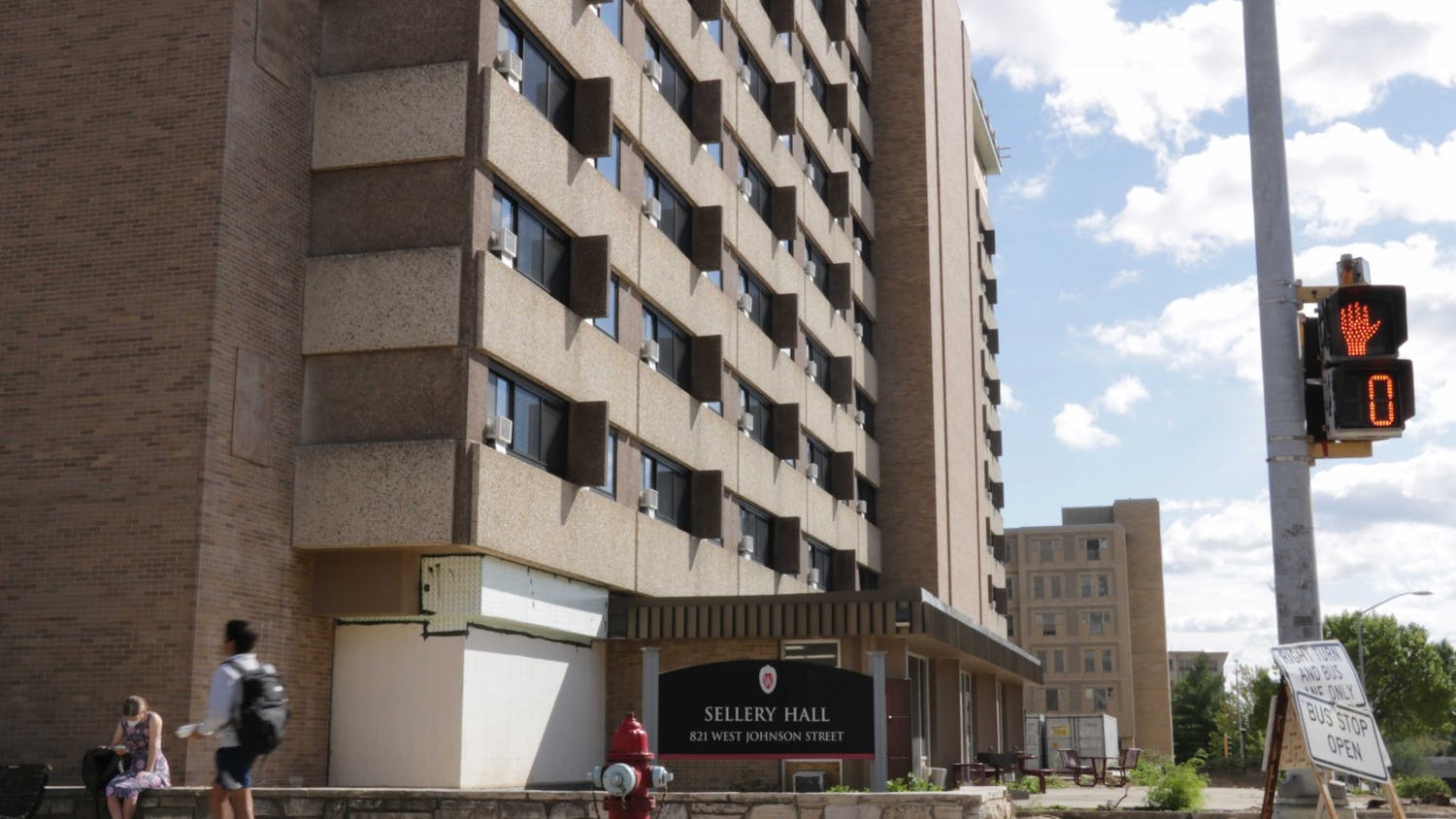Everett Mitchell, a member of the Racial Inequality panel held Wednesday, experienced the “shocking” results of inequality firsthand in Madison when approached by a young white girl who laughed at him for the color of his skin.
Mitchell, an assistant Dane County district attorney, said it felt “as if there was something wrong with me.” The panelists, including author of the Race to Equity report Erica Nelson and Mayor Paul Soglin, discussed the numerous racial disparities in Dane County at the University of Wisconsin Law School.
The panel was held to educate UW law students on how to use their degrees to eliminate inequalities.
Nelson cited statistics during the discussion to show the need for social, economic and political change in Madison and the Dane County.
“The state of Wisconsin is ranking 50th for the well-being of African American children,” Nelson said. “Dane County is very much a part of that and contributing to the ranking.”
Factors contributing to Dane County’s racial disparities include unemployment rates for African Americans adding up to greater than five times that of white unemployment rates in 2011, according to the report. Another serious issue hindering equality in Dane County is the 59.1 percent adult incarceration rate for African Americans, measured in 2011.
Mitchell encouraged law students to use their legal knowledge to educate minorities on their rights as citizens. Freedom Inc. and Breaking Barriers are two nonprofit organizations that best counteract inequalities by teaching civilian rights to minorities, specifically in the area of law enforcement, and the importance of education, according to Mitchell.
“It can be instrumental and develop a new pattern of behavior because, as a prosecutor, one of the saddest things I see is that police officers are not always transparent,” Mitchell said. “Or honest.”
When asked about how to remove disparities through day-to-day interactions during a question and answer session, Mitchell said, “For me, it's all about intentionality of relationships.”
Mitchell encouraged white students to reach out to African Americans in their “inner circles” to shorten the gap between whites and blacks in Madison. Mitchell said whites can easily avoid interacting with black people since they have exclusive communities.
“Black people don’t have that option,” Mitchell said.
By making small-scale changes such as creating interracial relationships, Mitchell said “dramatic” changes can be affected.





